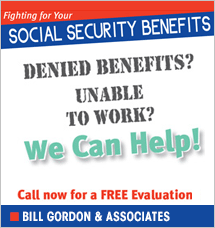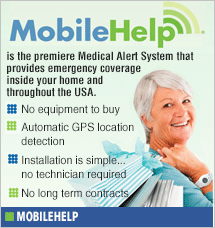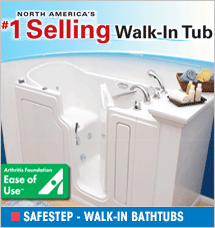
Lately, tramping through the local hills with my ladies’ hiking group, I strain to hear conversation. Disturbing because the weekly hike’s our bonding time. PING! Today, a text announced the birth of an absent hiker’s grandson. A cheer went up, drowning out my, “What’d she say he weighed?”
At 73, my cochlea is wearing out, according to Dr. Frank Lin, Johns Hopkins School of Medicine. “The cochlea admits sound vibrations and…sends those signals to the brain.” No one knows why the cochlea fails over time or how to repair it.
I can hear, but crisp clarity escapes me. I blame my friend for talking too fast, my husband for turning away when he speaks, or my daughter for mumbling.
But some seniors have no problem with hearing! A University of Wisconsin School of Medicine’s study of 7000 participants, found one group with clinically significant hearing loss, and another with none. What’s the difference?
- Women hear clearly about six years longer than males.
- More education results in less hearing loss.
- Waist circumference is a predictor — bigger waist, poorer hearing.
- Smokers fared worse.
- Blocked arteries in the neck — greater hearing loss.
- Long-term inflammation—more hearing loss.
- Walking at least four hours a week, according to the Nurses Health Study — 15% lower risk of hearing loss.
This advice to eat healthfully, maintain ideal weight, seek education, exercise, and don’t smoke, applies to every health concern. What else can we do to be in the lucky hearing group?
The Nutrition Action Healthletter, 12/2016, offers these healthy hearing hints:
- U.S. food supply, fortifying grains with folate (Vitamin B,) is responsible for a slower decline in hearing. Add fruits, vegetables and beans, rich in folate.
- Omega-3 fats from fish may improve blood flow to cochlea, which is “highly medically active” thus dependent on adequate blood supply. Also omega-3s “help stabilize cell membranes, making them less vulnerable to injury, inflammation and blood clots.
- For women, eating carotenoids resulted in lower risk of hearing loss. The ear works so hard that it generates toxic byproducts. Antioxidants, may prevent damage. Eat foods such as carrots, apricots, sweet potatoes, tomatoes, leafy greens.
- Avoid megadoses of Vitamin C. Women who stay below 2000mg of C from supplements have less hearing loss.
OK, I live the rules above, even down to fish-eating, yet my hearing’s failing. What about a hearing aid? At my age, hearing often dips, even with healthy practices.
Dr. Frank Lin quoted above, says after 70, two out of three people have “clinically meaningful hearing loss, “yet only about 15% of these people use hearing aids.” The $4000-$5000 cost is probably why. Lin calls that expense, “absurd.” Most of us don’t need the testing and technology that goes into customized hearing aids. We’d do well with an over-the-counter PSAP (personal sound amplifier).
Sadly, “the vast majority of PSAP devices are garbage,” Lin warns. First he hopes that the FDA will set standards for the devices. Then consumers would find ratings as for washers or blenders.
For now, here’s information on PSAPs which cost $200-$400 an ear.
- For mild to moderate hearing loss, PSAPs have the same circuitry as expensive aids.
- PSAPs do not adjust from meeting to concert hall as well as expensive aids.
- Careful! Some PSAPs are totally ineffective, distorting sound.
The Nutrition Action Healthletter doesn’t often name a product. Nicholas Reed, an audiologist who works with Dr. Lin at Hopkins, set up a PSAP testing lab. He named Sound World Solutions CS50+ as the one PSAP currently available which is comparable to hearing aids. It’s worn like a Bluetooth.
Customizing the PSAP requires smart phone savvy. Take care not to turn up the bass, mistaking it for volume. The treble adds clarity, but requires close attention to regulate properly.
None of the experts above discussed vanity. I’m oldest in my hiking group by 10-15 years and lately, the slowest. I don’t want to show up with hearing aids stuck in my ears. Friends don’t care. I care. However, wearing a Bluetooth may be a stylish affordable compromise. What’d you just say?
Note: The National Institutes of Health has created a quick hearing test you can take by phone. It costs $5 and you need a landline – no cell. Find it at nationalhearingtest.org
.
Carrie Luger Slayback, retired after 40 years teaching, now writes about running, health, and fitness from a carefully researched personal perspective. Write her at This email address is being protected from spambots. You need JavaScript enabled to view it. .
































































